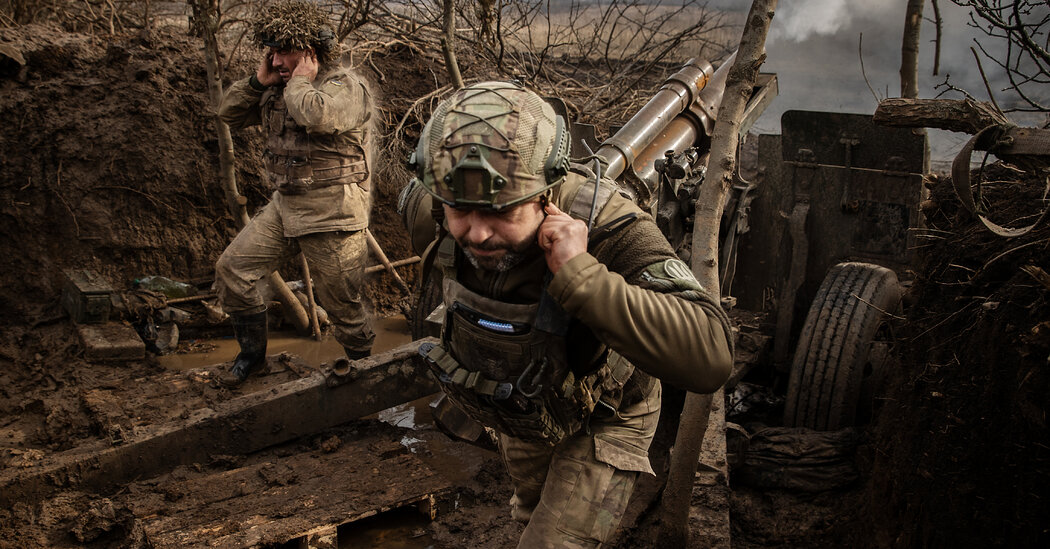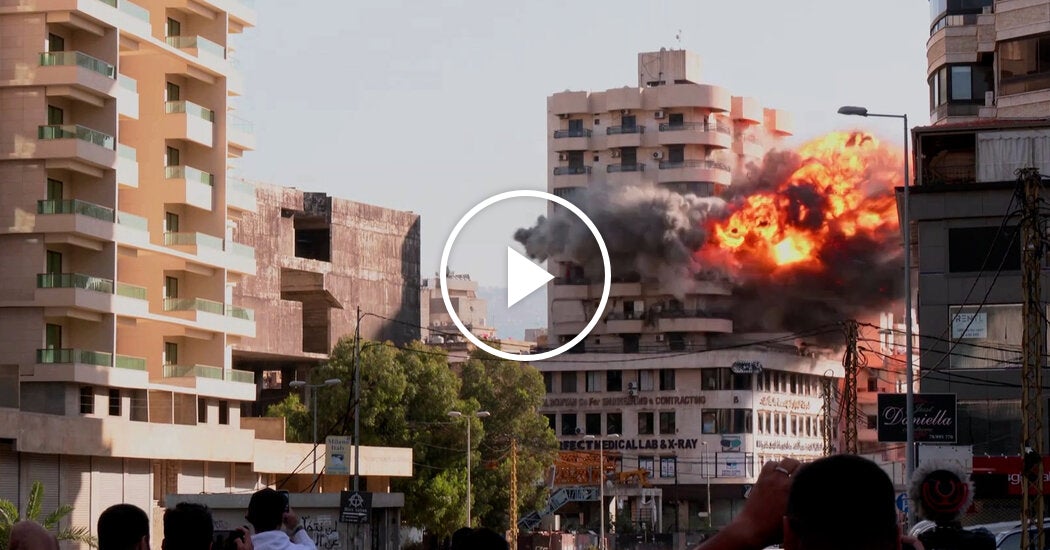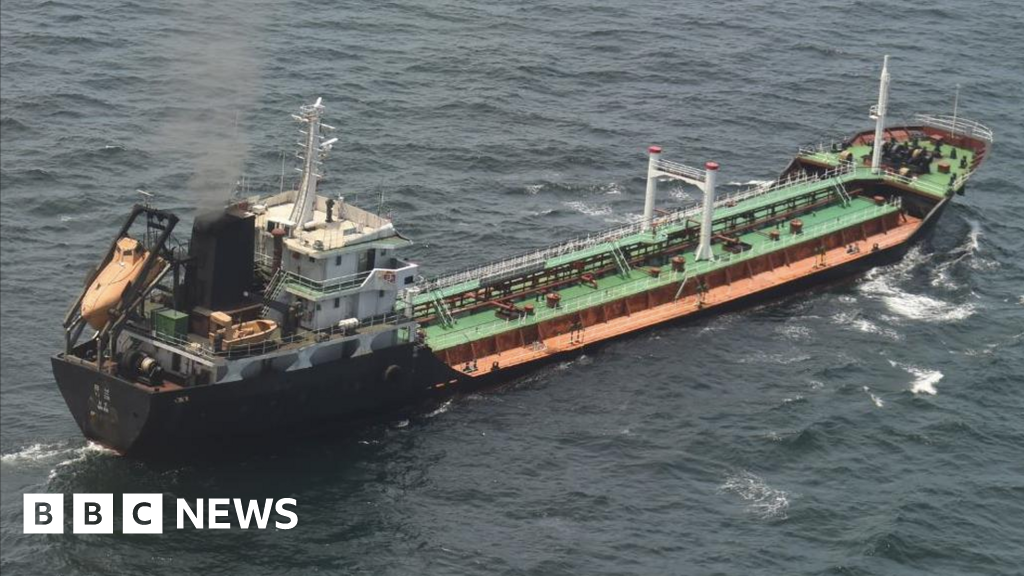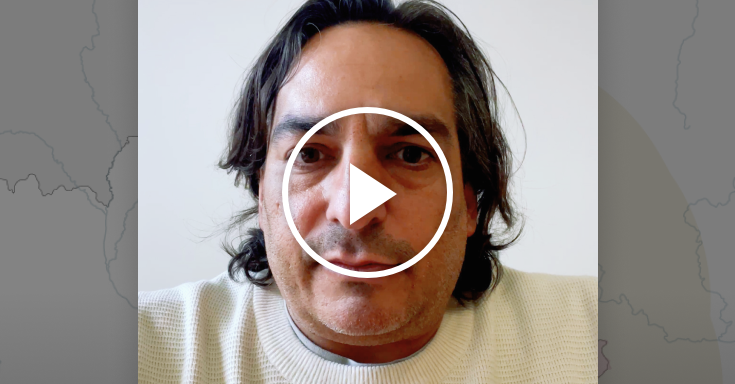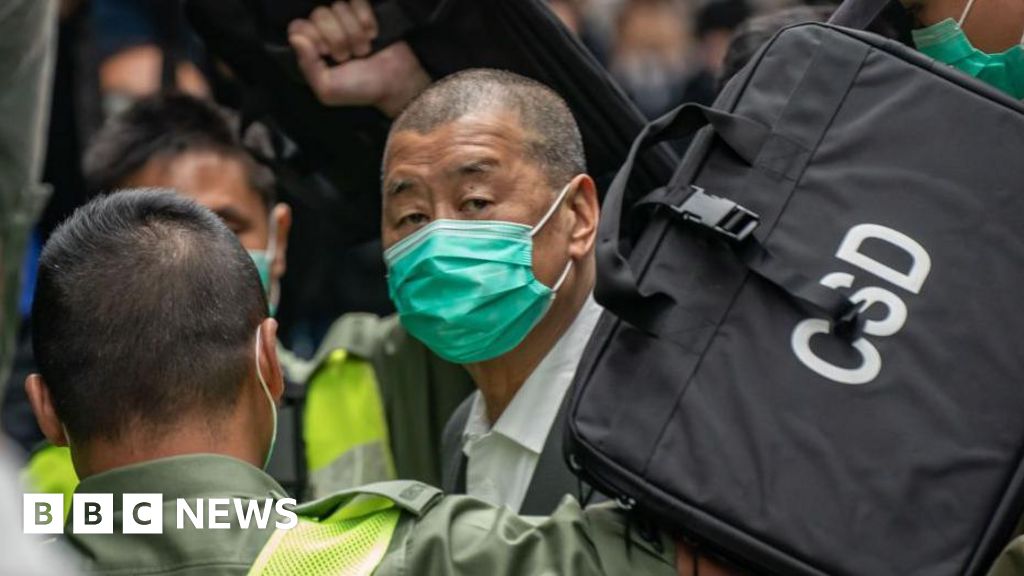Avdiivka falls to Russia
Ukrainian forces retreated from Avdiivka, which had been a stronghold in the Donetsk region for more than a decade, giving Russia its first significant victory in almost a year. Now, Ukraine’s outgunned troops may be in their most precarious position since the first months of the war almost two years ago.
The fall of Avdiivka, Russia’s largest territorial advance since taking Bakhmut last May, is the latest sign that Russia has firmly gained the upper hand after Ukraine’s summer counteroffensive fell short of most of its goals. It could bring Russia closer to its goal of capturing the entire Donetsk region and boost President Vladimir Putin as he seeks election to a fifth term in March.
The city saw some of the war’s most horrific fighting. Soldiers lived through near-constant bombardment. So did about 900 civilians, many of whom lived underground and survived on food and supplies brought in by aid workers. It’s not clear how many of them got out.
Geographic challenges: Ukraine’s problems are exacerbated by the flat and unforgiving terrain outside the city. Without dominant hills, larger rivers or fortifications of the kind it built around Avdiivka over the better part of a decade, Ukraine will probably have to cede more ground.
In Europe: Leaders are realizing that they need to step up their defenses against Russia — especially as the U.S. wavers on aid.
Russians mourn Aleksei Navalny
Aleksei Navalny, the Russian opposition leader, died in a penal colony on Friday. He was 47.
His family, which confirmed his death, has not been able to locate his body. Russian authorities said he suffered from “sudden death syndrome,” which appeared to indicate sudden cardiac arrest. President Biden blamed President Vladimir Putin.
Many have wondered why Navalny chose to return to Russia after a poisoning attempt. The decision won him international respect and led many to consider him a hero. It also caused serious problems for Putin; Navalny was a leader, even from remote prisons.
Context: Navalny’s health had been deteriorating for years. He was being held in a prison above the Arctic Circle, where he was kept in freezing conditions and given mysterious injections.
What’s next: Navalny’s allies are trying to regroup. Some are hopeful that his death may galvanize opposition to Putin, and are looking to his wife, who gave a forceful speech to Western leaders after receiving the news of her husband’s death.
Protest: At least 400 people have been detained across Russia since Navalny’s death, a rights group reported.
Prime Minister Benjamin Netanyahu said that Israel would go ahead with plans for a ground invasion of Rafah, a city in southern Gaza where 1.4 million Palestinians have been sheltering. He also said that cease-fire talks were at an impasse.
THE LATEST NEWS
‘Shawshank’ opens in China
When a stage production of “The Shawshank Redemption” opened recently in China, it was cast entirely with Western actors speaking fluent Mandarin Chinese. That may be the least surprising part of the show; the fact that it was staged at all defies several cultural trends.
Chinese audiences’ interest in Hollywood is fading, but the American film is still the highest-rated movie on Douban, a crowdsourced review site, out of all films — not just Chinese ones. Censorship has also tightened, and the film, with its themes of resistance, has been censored before. And China’s authoritarian government has also stoked nationalism and cast Western influence as a political pollutant.
But the production moved forward, albeit with modifications, reflecting how artists are navigating the changing landscape of what is permissible and what is marketable in China. And its success shows the appetite that many Chinese still have for cultural exchange.






